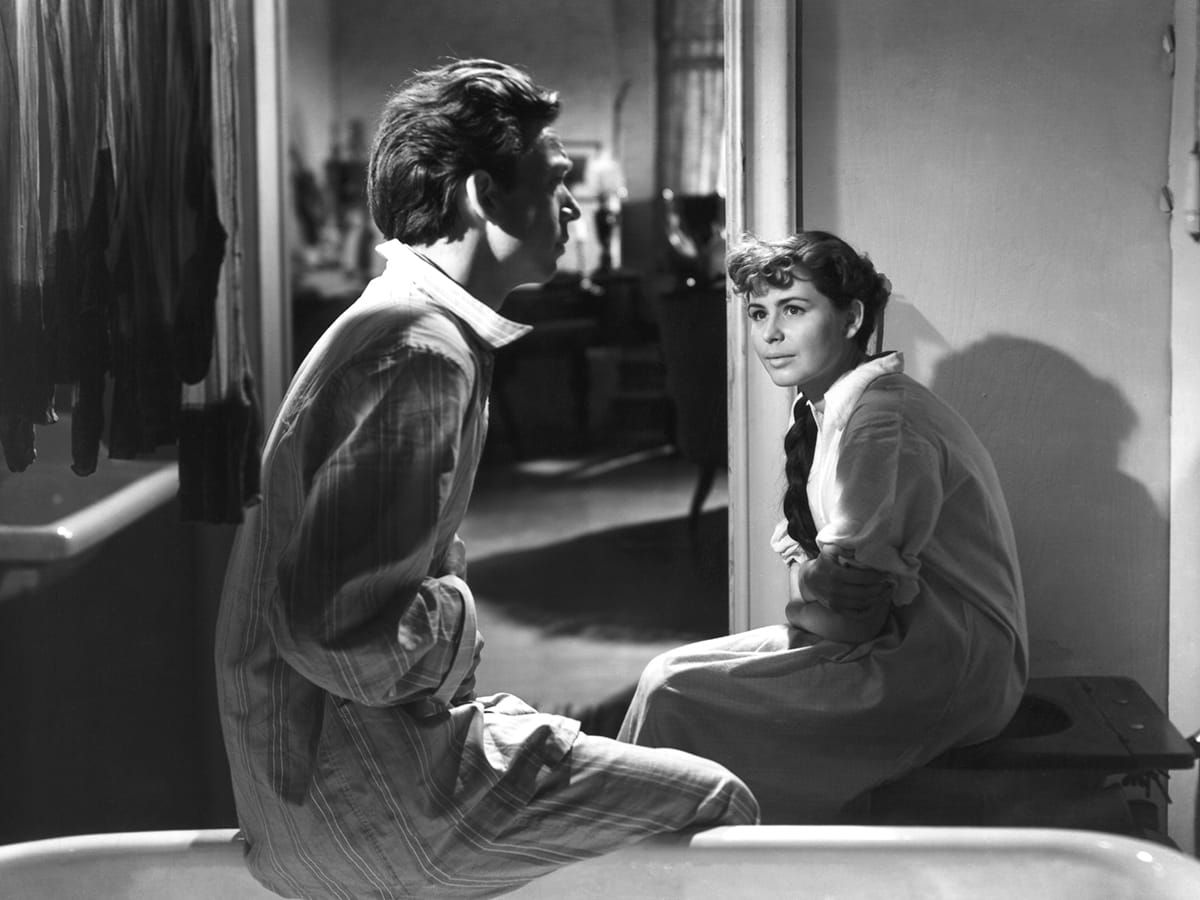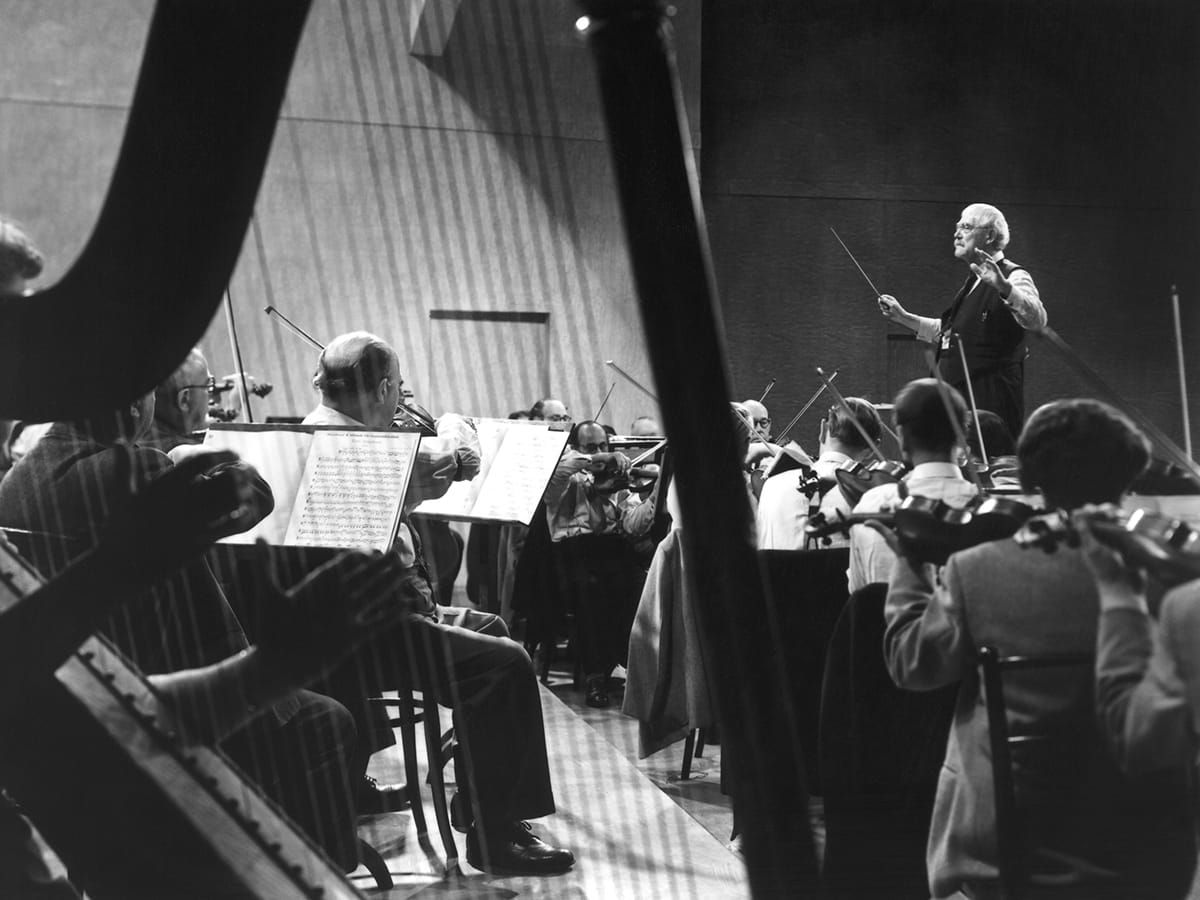我的奮鬥:Karl Ove去看伯格曼
這十天重新拾起幾年前讀了三分之一就擱置在一旁的《我的奮鬥》卷二〈A Man in Love戀愛中的男人〉,已經快要看完了。現在回去想,我是在什麼時候開始覺得這本書好看的?沒有很久,大概重新拾起讀了十來或二三十頁,就看到Karl Ove去看伯格曼改編易卜生的《Ghost》舞台劇。(讀到他說去看Bergman,我還愣了一下那真的是Bergman嗎,我不知道Bergman到晚年都還在導舞台劇,他沒有寫名字,只有可能是Bergman吧)
然後Karl Ove這麼形容那齣戲:
The first act was terrible, truly wretched, and in the interval, sitting at a terrace table with a view of the harbour, Geir and Linda chatted away about quite how terrible it had been, and why. I was more sympathetic, for despite the small, cramped feel of the act, which coloured the play and the visions it was supposed to be depicting, there was an anticipation of something else, as if it was lying in wait.... And there was. Everything was raised, higher and higher, the intensity increased, and within the tightly set framework, which in the end comprised only mother and son, a kind of boundlessness arose, something wild and reckless. Into it disappeared plot and space, what was left was emotion, and it was start, you were looking straight into the essence of human existence, the very nucleus of life, and thus you found yourself in a place where it no longer mattered what was actually happening. Everything known as aesthetics and taste was eliminated...
However, if you hadn't allowed yourself to be transported, everything that happened would have appeared exaggerated, perhaps even banal or kitsch. The master stroke was the first act, everything was done there, and only someone who had spent a whole lifetime creating, with a enormous list - more than fifty years' worth - of production behind them, could have had the skill, the coolness, the courage, the intuition and the insight to fashion something like this. Bright ideas alone could not have brought this off, it was impossible. Hardly anything I had seen or read had even been close to approaching the essence in this way.
即使只是這樣的文字敘述,即使沒有讀過易卜生的原劇,還是完全可以知道他在形容什麼,而且知道:對,當然,就是那樣,那是只有伯格曼可以做到的事。
After we parted company... I realised two things.
The first was that I wanted to see her again as soon as possible.
The second was that was where I had to go, to what I had seen that evening. Nothing else was good enough, nothing else did it. That was where I had to go, the essence, to the inner core of human existence. If it took forty years, so be it, it took forty years. But I should never lose sight of it, never forget it, that was where I was going.
There, there, there.
看到最後一段,立刻覺得扎心:那是人看伯格曼唯一可以有的反應(或是人看到任何偉大的藝術作品、在真正的美面前,會有的反應,你看到了所謂的美、真實、最接近human essence的東西,從此以後你只會想要那樣的東西)。不管Karl Ove的自傳小說看起來在寫什麼超級無聊的流水帳,被形容什麼「文學自殺」,其實都不重要,這段文字,讓我認出他,我認得那個東西....(雖然我從來沒有下過那種決心,但我認得。)
配合這一個多禮拜繼續讀Karl Ove的心情,週末看了伯格曼的《To Joy》,昨天早上寫的,本來沒有特別打算,但還是把To Joy寫出來,根本無法用字去說Bergman的好,我只是在練習寫日記:
1950年的電影,很早,男女主角拉小提琴的,在一個看起來像二線城市的地方,戀愛、生子,經歷所有人都經歷的人生,Stig渴望成為所謂的藝術家,他希望能夠獨奏,能夠成為更好的藝術家,他向指揮要求在音樂會上獨奏,演奏的結果、報紙的樂評讓他不忍卒睹,老指揮跟他說,你是一個好的樂團樂手,不是一個獨奏者,世界上需要我們這樣的人。他無法忍受自己的平庸,開始和某老人(作家?)的年輕妻子展開關係,她同時也和他們的另一房客有染,甚至開始折磨妻子Marta,吵架、揮拳,她和孩子搬到鄉下...。她說我不會再見你,但我不打算離婚,然後他們分開,然後他們開始寫信給彼此,字裡行間仍然是對彼此的愛....。
有一年夏天,樂團指揮和他們一起在海邊度假,老人逗弄孩子,回憶他眼中的他們,是這樣的幸福、深愛彼此,他曾經在冬夜送譜去給他們,看見兩夫妻坐在公寓裡的沙發上,Stig坐在地上,Marta抱著他,他們的表情像孩子一樣誠實、赤裸...我忘了老指揮家怎麼形容的,或者另外一次,他去,他們明眼地才吵了架,Marta幾乎不講話,直到Stig起身去拿Cognac,回來時坐在她身旁,也許他喚她的方式,在那一剎那間,所有的不愉快又好了,她的眼神中再次充滿animation....。關於我們是什麼,生活在其中的人,只會覺得那是日常、那是凡庸,而旁人看來,卻說:關於他們的人生、他們的幸福,我可以填滿一整個書櫃。
然後回到了此刻,夏天到了,她要再帶孩子去鄉下祖母處度假,提著Kerosene stove,他晚一點也將尾隨,他送他們去火車站....他坐在公寓的沙發上,他的頭埋在手中,這是一開始,他在樂團練習中間,接到了電話,kerosene stove爆炸,Marta當場死亡,女兒送往醫院,從一開始我們就知道Marta死了,這是一個回溯的故事,預知並不影響觀看他們故事的投入,應該說這正是Bergman想要的敘事架構,他要說的是這對夫妻的故事,而不是一個被意外悲劇破壞的家庭幸福的肥皂劇。最後一幕,Stig再度去樂團練習,指揮走過他身邊,把手放在他的肩上,說:我聽說了,這段時間你要是不想來練團也可以...。Stig說,不要碰我。
老指揮走到指揮台上,說,這支曲致喜樂,什麼是喜樂,喜樂不是pleasantness,不是當下的開心,有時是深刻的痛苦,在深刻的痛苦中,我們卻仍能感受到人生....然後,樂團開始演奏《快樂頌》。期間,團員使用的側門悄悄地開了,一個穿著西裝外套的小男孩走進來,坐上了第一排的座位,Stig抬頭看小男孩,兩人眼神對望...Stig的小提琴演奏快樂送的旋律,鏡頭切至琴譜,然後superimpose兩人過往的一幕幕montage:我立刻開始掉淚(別人用flashback都很像肥皂劇爛公式,為什麼Bergman就可以用flashback)...,我們以為真的人生在其他地方,在我們致力擺脫自己的平庸之後才會展開,但真的人生當然就在那其中,在我們的平庸、無趣的人生中,在我們和自己的平庸的掙扎中,在愛我們的和我們愛的人的眼睛中,雖然我們當下不會知道,我們總是不會知道....。
觀眾席沒有別人,小男孩一人聚精會神看他們演奏,他應該是Stig和Marta的兒子,幸運地沒有被爆炸波及,但同時我也立刻知道:那是小柏格曼。我沒有辦法解釋為什麼,但你立刻就會知道,那是柏格曼,或者說伯格曼心中的小男孩,在看這一切,在看Stig和Marta的故事(他不是在拍他父母的故事)。這是整部片中,鏡頭第一次拍到觀眾席,然後只有一個人,是伯格曼作為作者,在看這個故事,這是他寫下的故事,這是他眼中Stig & Marta的故事(用小男孩代表他自己,可能也算是伯格曼的手法,像是在假面裡)。


1950年,伯格曼才32歲。Karl Ove看伯格曼導的《Ghost》時,是2002年,伯格曼84歲。離他過世,不到五年。